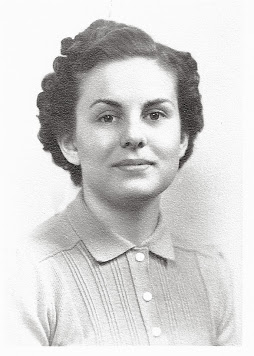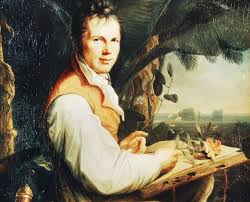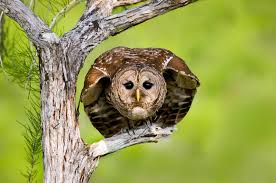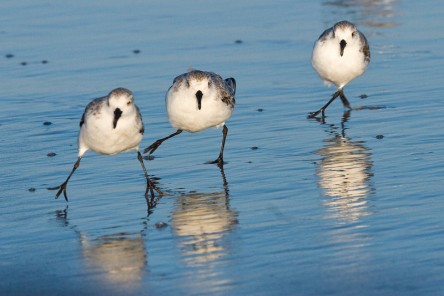Beth read a note from Dorrie’s caregivers at the end of Dorrie’s life.( Beth is my mother’s sister as was Dorrie.) Dorrie said “I did the best that I could do for my family”.
Dorrie spent much of her adult life feeling like a failure. As a child she was quiet and a little depressed and dreamy and lorded over by an older sister who she felt she could never live up to. This older sister manipulated and bullied her and yet Dorrie never found any fault with her, only with herself.
Dorrie was sweet. Dorrie was bright. She was not particularly competent or self-sufficient as my mother was. Dorrie became a teacher and married two times. Both marriages ended rather rapidly. I think one of the husbands was abusive. When my mother moved from Mobridge, South Dakota, and married, Dorrie followed.
My mother was tasked by her mother to take care of Dorrie after her first breakdown. My mother being as responsible as she was, took up this burden, not particularly gracefully. She would complain bitterly about the emotional cost of taking care of her sister. She would mumble in the basement as she ironed and mangled and fretted and fumed. Who can blame her?
Dorrie spent much of her adult life in mental institutions. When she wasn’t “in” she was out in the community, teaching school and functioning as well as she was able.
Growing up, I was frightened by Dorrie’s “mental illness.” I resented the time and energy my Mother had to spend looking after her and checking up on her. Because I myself was a sensitive, bright and marginally depressed child, I feared becoming Dorrie. I feared someone saying in a pitying tone of voice, like my Mom, “poor old Kitty”, in the way she said “poor old Dorrie.” Equal parts pity and disdain. Also exhaustion—she had five children, a grumpy husband and her mentally unstable sister.
I remember going with my Mother to Dorrie’s apartment down the road from our house in Portland and discovering that she had slit her wrists. I remember the apartment, and the blood and my Mom. I think we called my Dad and he came and he and Mom took Dorrie to Dammosch Hospital, the state hospital in Salem, Oregon.
She stayed there quite a while, was given a series of shock treatments and then ended up teaching school down in Salem.
She would be okay for a while, but then start slipping, becoming more diffuse somehow, more irritable and out of focus. You could see the fog drifting in. She was in and out of Dammosch until her late fifties. (Actually, as many depressed women do, she got better after menopause). Mom would get more anxious and my Dad angry as she got more depressed.
All these years later, I feel such sorrow for Dorrie. She was a beautiful young woman with a problematic genetic inheritance. Actually, her genetic heritage was not just problematic. She had many gifts as well. She had an extraordinary memory, recalling whole conversations, bits of books, and situations years after the fact. She drove everyone nuts with her memory. Her memory was also her curse as she could never forget anything and would ruminate and mull over the past.
She was so kind to me, kind and gentle, but I resented her. When she was ill or becoming unhinged she was like a black hole sucking all the joy and energy out of my mother. Now that I am older I understand. I understand both my child self (me, me), and my mother’s stress and Dorrie’s neediness which was actually fear of unraveling. How horrible for both of them.
My father dealt with all this by making fun of Dorrie, mocking her indecisiveness, her quibbling, her spaciness. That’s what I did too. I made fun of her as a teen, but that reaction backfires, doesn’t it? Mocking is a way of avoiding pain. Mocking is a way of distancing things that make us uncomfortable. My Dad distanced himself by making himself distant. I distanced myself by making fun. In both cases, we’re the losers. In mocking her, I ended up burying myself. I was frightened of Dorrie’s mental illness, and, in order to shield myself from an awareness of my own mental frailties, I made fun. In retrospect, there was nothing “fun” about it. Coping mechanisms are weird in that way; they can cause lasting damage.
Dorrie wasn’t mentally ill on purpose. She didn’t set out to have a miserable life. She began with hope and faith like all children.
You can’t blame this on anyone or anything definitively –the narcissistic older sister, the abusive, faithless and feckless husbands, low self esteem, too much intelligence, bad genes. No, you can’t point a finger at the reason.
I wish I had been kinder then. I wish I hadn’t been so frightened of her frailty. I wish. I wish. I wish. Dorrie did the best that she could for her family. We all did.
Mental illness is a curse, not a choice.
Dorrie Grange






